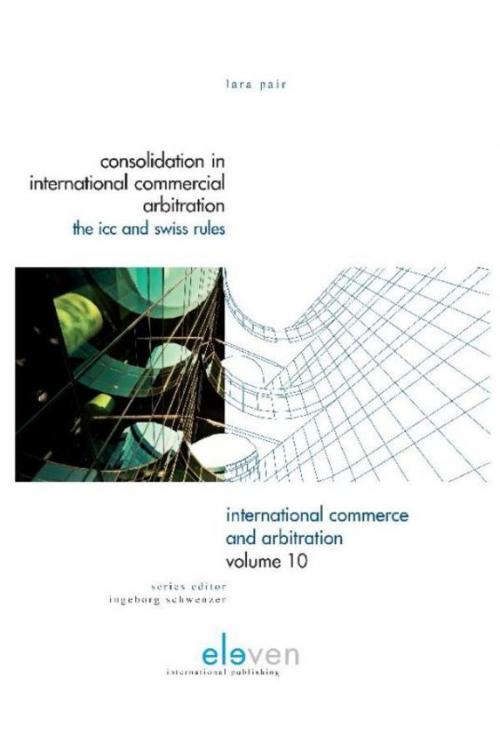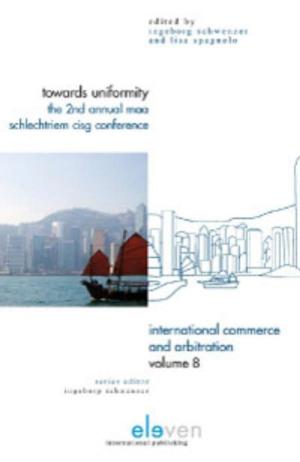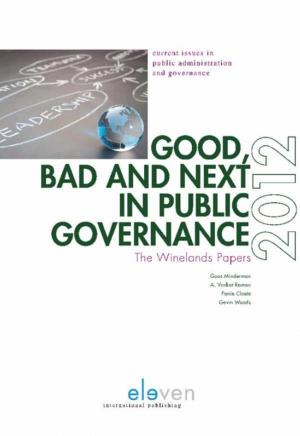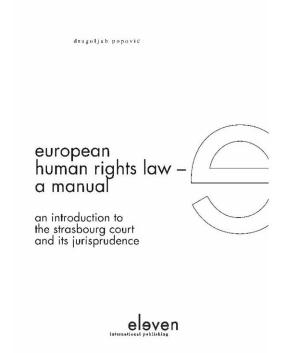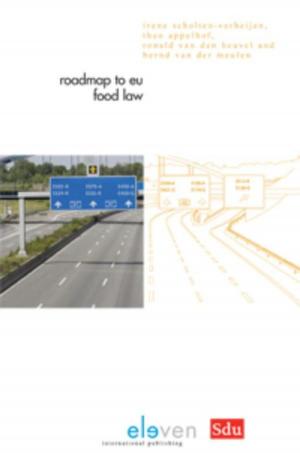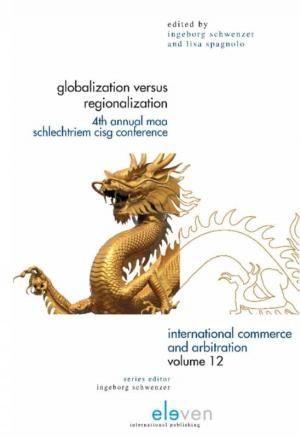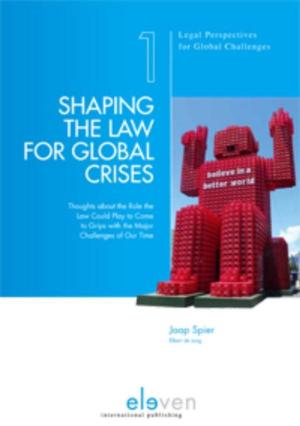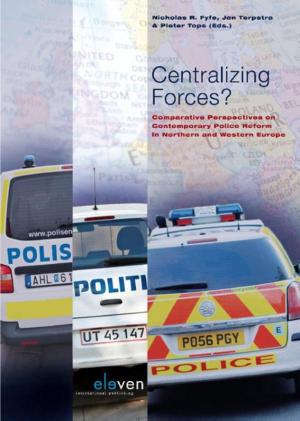Consolidation in international commercial arbitration
the icc and Swiss rules
Nonfiction, Reference & Language, Education & Teaching| Author: | Lara Michaele Pair | ISBN: | 9789460945601 |
| Publisher: | Boom uitgevers Den Haag | Publication: | March 13, 2012 |
| Imprint: | Eleven international publishing | Language: | English |
| Author: | Lara Michaele Pair |
| ISBN: | 9789460945601 |
| Publisher: | Boom uitgevers Den Haag |
| Publication: | March 13, 2012 |
| Imprint: | Eleven international publishing |
| Language: | English |
This book deals with consolidation of arbitral disputes pending before either the International chamber of Commerce or the Swiss Chambers of Commerce. It is mainly concerned with determining both the logical and the legal justifications for these rules, using Switzerland as the seat country and Germany and the United States as sample enforcement countries. The book first covers the validity of choosing consolidation by reference to these institutional rules. Secondly, the choice of arbitrators is discussed in light of party equality and party autonomy versus mandatory local laws. Thirdly, procedural adjustments, made necessary by the use of a consolidation procedure, are analyzed. Fourthly, the logical justifications for consolidation will be tested. This work concludes that only a policy of restraint and a spelling out of criteria for consolidation will serve the purposes of consolidation and withstand judicial scrutiny. This work is of interest to legal academics and arbitration professionals.
This book deals with consolidation of arbitral disputes pending before either the International chamber of Commerce or the Swiss Chambers of Commerce. It is mainly concerned with determining both the logical and the legal justifications for these rules, using Switzerland as the seat country and Germany and the United States as sample enforcement countries. The book first covers the validity of choosing consolidation by reference to these institutional rules. Secondly, the choice of arbitrators is discussed in light of party equality and party autonomy versus mandatory local laws. Thirdly, procedural adjustments, made necessary by the use of a consolidation procedure, are analyzed. Fourthly, the logical justifications for consolidation will be tested. This work concludes that only a policy of restraint and a spelling out of criteria for consolidation will serve the purposes of consolidation and withstand judicial scrutiny. This work is of interest to legal academics and arbitration professionals.
